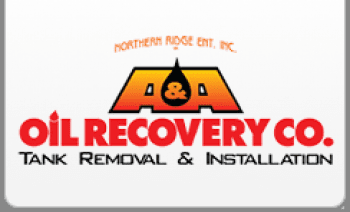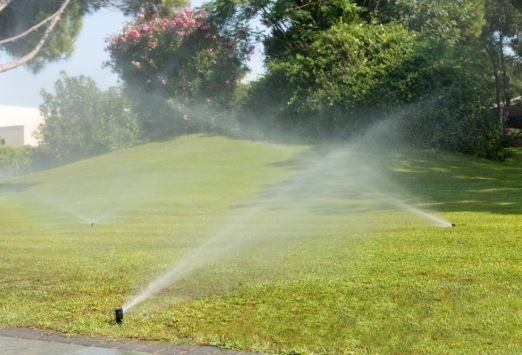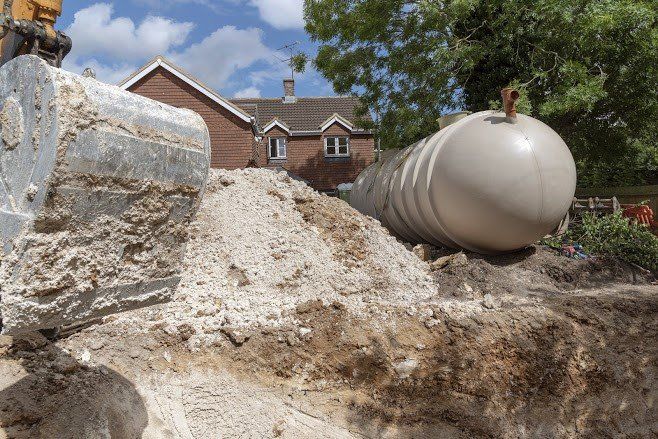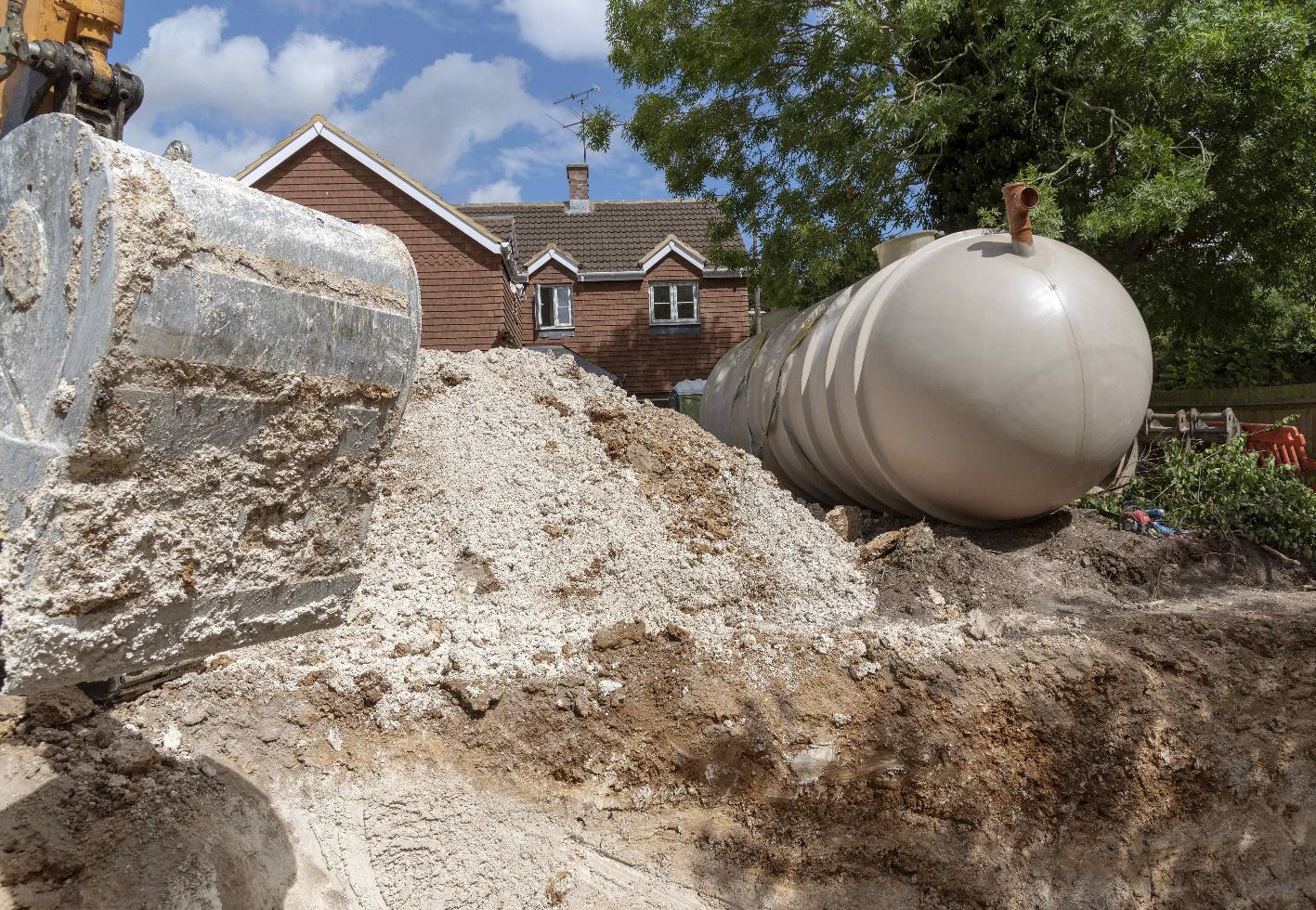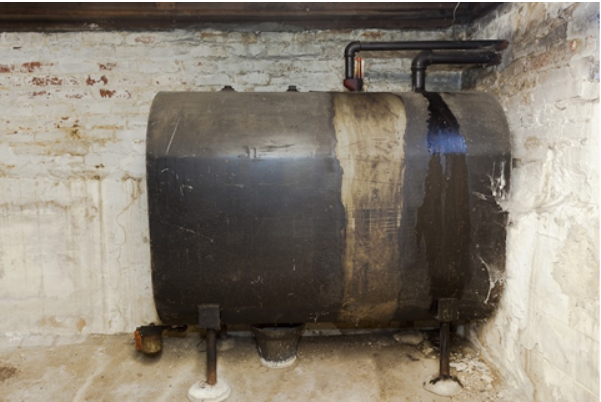Blog Layout
The Steps of Oil Tank Removal and Why Each One Matters
Admin • Dec 17, 2019
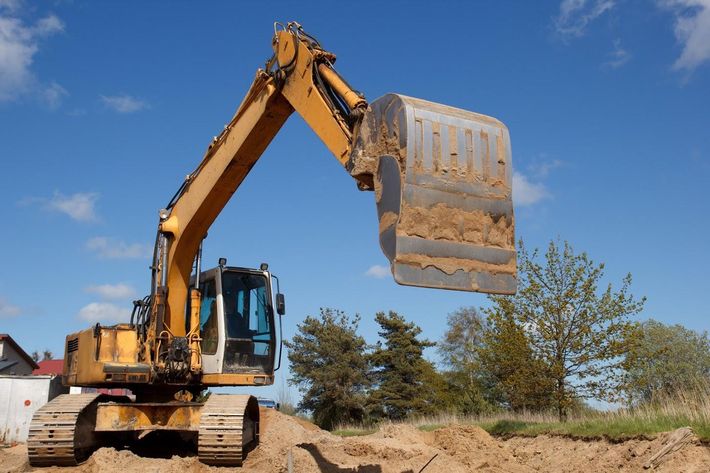
When you have an oil tank on your property, you might no longer have need of it. However, instead of just leaving your oil tank, you should remove the oil tank quickly to avoid any soil contamination. Discover the process behind oil tank removal and why each step matters in the process.
1. Remove Any Remaining Oil
Before even removing the tank itself, you must remove any remaining oil from the tank. Oil tank removal companies can often accomplish this with vacuum trucks, you don’t want any old oil leaking and contaminating the soil.
2. Ensure the Oil Tank Has No Leaks or Spills
An old oil tank can develop rust, which, in turn, could develop a leak. This leak could seep into the earth, which can impact groundwater, become a potential fire hazard, and cause innumerable liability and safety issues.
If your oil tank does have a leak, you need to work with a remediation company to ensure that cleanup is thorough. However, always remove the oil tank before soil remediation so that the leak doesn’t spread.
3. Clean the Tank Inside
Before final removal, an oil tank receives a thorough cleaning. Oil tank removal companies often remove a part of the tank to access the inside tank. They will remove any sludge inside and ensure the oil tank is as clean as possible. Removing the sludge inside is important because this can be a contaminant if it seeps into the soil.
4. Remove the Tank
Finally, the oil tank removal company will carefully remove the tank itself from the ground, along with any leftover pipes. The company should make sure that all parts are removed so no risk exists of leaks or soil contamination.
5. Inspect the Tank
Before you can dispose of the tank, you need to have an official town representative inspect the tank. This inspection will ensure that the tank has no leftover contaminants and is safe to dispose of.
6. Replace All Soil
The oil tank removal company will replace the soil they disturbed when digging for the oil tank.
7. Receive All Official Paperwork
Once the soil is compacted and put back, you’ll receive all paperwork, including receipts, regarding the oil tank removal. That way, you have official proof that your oil tank is now gone from your property and no longer poses a threat to the soil and groundwater.
Do you want to remove an oil tank on your property? Turn to the experts at A & A Oil Recovery Co. We can remove your tank within a few hours and help you with soil remediation if your tank did develop a leak. Please contact us
today for any questions you have.
Share
Tweet
Share
Mail
Contact Information
A & A Oil Recovery Co
Address: Wayne NJ 07470
Phone: 973-709-1700
Email: info.aaoil@gmail.com
Address: Wayne NJ 07470
Phone: 973-709-1700
Email: info.aaoil@gmail.com
Join Our Mailing List
Contact Us
Thank you for contacting us.
We will get back to you as soon as possible.
We will get back to you as soon as possible.
Oops, there was an error sending your message.
Please try again later.
Please try again later.
Browse Our Website
Contact Information
A & A Oil Recovery Co
Address: Wayne NJ 07470
Phone: 973-709-1700
Email: info.aaoil@gmail.com
Address: Wayne NJ 07470
Phone: 973-709-1700
Email: info.aaoil@gmail.com
Join Our Mailing List
Contact Us
Thank you for contacting us.
We will get back to you as soon as possible.
We will get back to you as soon as possible.
Oops, there was an error sending your message.
Please try again later.
Please try again later.
Content, including images, displayed on this website is protected by copyright laws. Downloading, republication, retransmission or reproduction of content on this website is strictly prohibited. Terms of Use
| Privacy Policy
